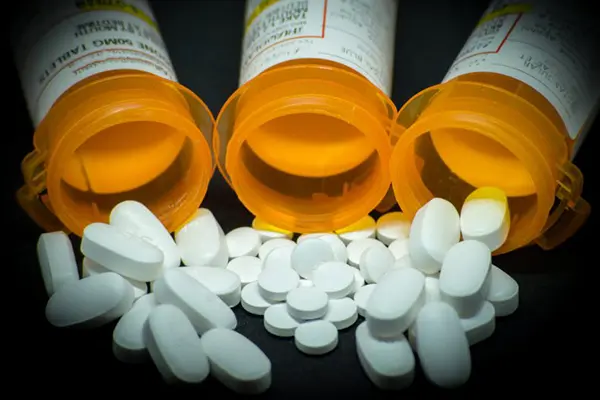“Pill Mill” Legislation and Law Enforcement in Florida
Since 2010, when the Florida Medical Examiners Commission’s annual report focused attention on the dramatic increase in deaths related to prescription opioids, the state of Florida has taken aggressive action to combat the opioid epidemic. We’ve seen the launch of a prescription drug monitoring program (PDMP); the requirement that pain management centers register with the Florida Department of Health as “pain clinics”; the codification of regulations for patient care by physicians before prescribing opioids for chronic, nonmalignant pain; and a ban against pain management clinics housing their own pharmacies.
As a result of these changes, we’ve seen law enforcement agencies ramping up their efforts to shutter pain clinics guilty of violating state and federal regulations (“pill mills”) and prosecute doctors, clinic owners, pharmacists, and patients involved in illegally dispensing and distributing prescription medications. Law enforcement agencies have been collaborating at the local, regional, and state level, and also with the Florida Department of Health, to enhance the state’s ability to investigate and prosecute these cases.
Federal Involvement in “Pill Mill” and Health Fraud Cases
The federal government has also contributed significantly to the escalation in investigations and prosecutions of “pill mill” cases. With help from federal funding, federal agents, and federal prosecutors, local, regional, and state agencies have become much more effective at closing down Florida “pill mills” and prosecuting those involved in their operations.
Since 2017, however, the federal government has actually expanded its role in “pill mill” and other health fraud cases. In August of that year, the Department of Justice launched the Opioid Fraud and Abuse Detection Unit to enhance the government’s ability “to identify, prosecute and convict individuals” who allegedly contribute to the country’s “prescription opioid epidemic.” The Unit now funds 12 Assistant U.S. Attorneys as well as 300 new prosecutors positioned around the country to work on “pill mill” and related health fraud cases. In addition, our country’s 93 U.S. Attorney’s Offices all now have a designated “Opioid Coordinator” to help with the intake of cases and the formation of a collaborative task force composed of members of federal, state, local and tribal law enforcement agencies.
The Opioid Fraud and Abuse Detection Unit also includes a data analytics program focused on identifying possible cases of health care fraud related to opioids. The Unit’s data analytics team mines federal healthcare databases to identify physicians who are prescribing opioids at a much higher rate than other doctors, physicians whose patients died after getting a prescription for opioids, and pharmacies dispensing large amounts of opioids.
Future Outlook
With growing public awareness of the opioid epidemic, the government’s intensified efforts to identify and prosecute physicians, pain management clinics, and other health care providers will undoubtedly continue unabated into the foreseeable future. Hospitals, clinics, pharmacies, and physicians would be well advised, then, to aggressively ensure they are addressing any possible red flags, such as questionable prescription and billing patterns.
If troublesome patterns are discovered and if you suspect you are being investigated by the state or federal government, getting help from an experienced federal defense attorney is crucial. With over 20 years of experience as a trial attorney and a focus on defending “pill mill” and healthcare fraud cases, federal defense attorney, Jonathan Rose, has the expertise you need to develop a strong, comprehensive defense strategy to protect your rights, freedom, and future.
Sources
Office of Public Affairs. Department of Justice. (2017, 2 Aug.). Attorney General Sessions Announces Opioid Fraud and Abuse Detection Unit. https://www.justice.gov/opa/pr/attorney-general-sessions-announces-opioid-fraud-and-abuse-detection-unit
Gau, J.M., Moreto, W.D., Potter, R. H., & Brooke, E. J. (2017, Feb.). Non-medical use of prescription drugs: Policy change, law enforcement activity, and diversion tactics. Office of Justice Programs. Document Number 250603. National Criminal Justice Reference Service. https://www.ncjrs.gov/pdffiles1/nij/grants/250603.pdf

